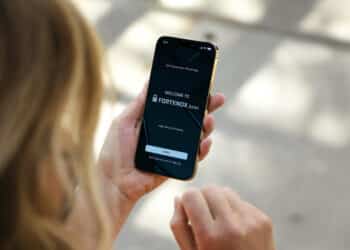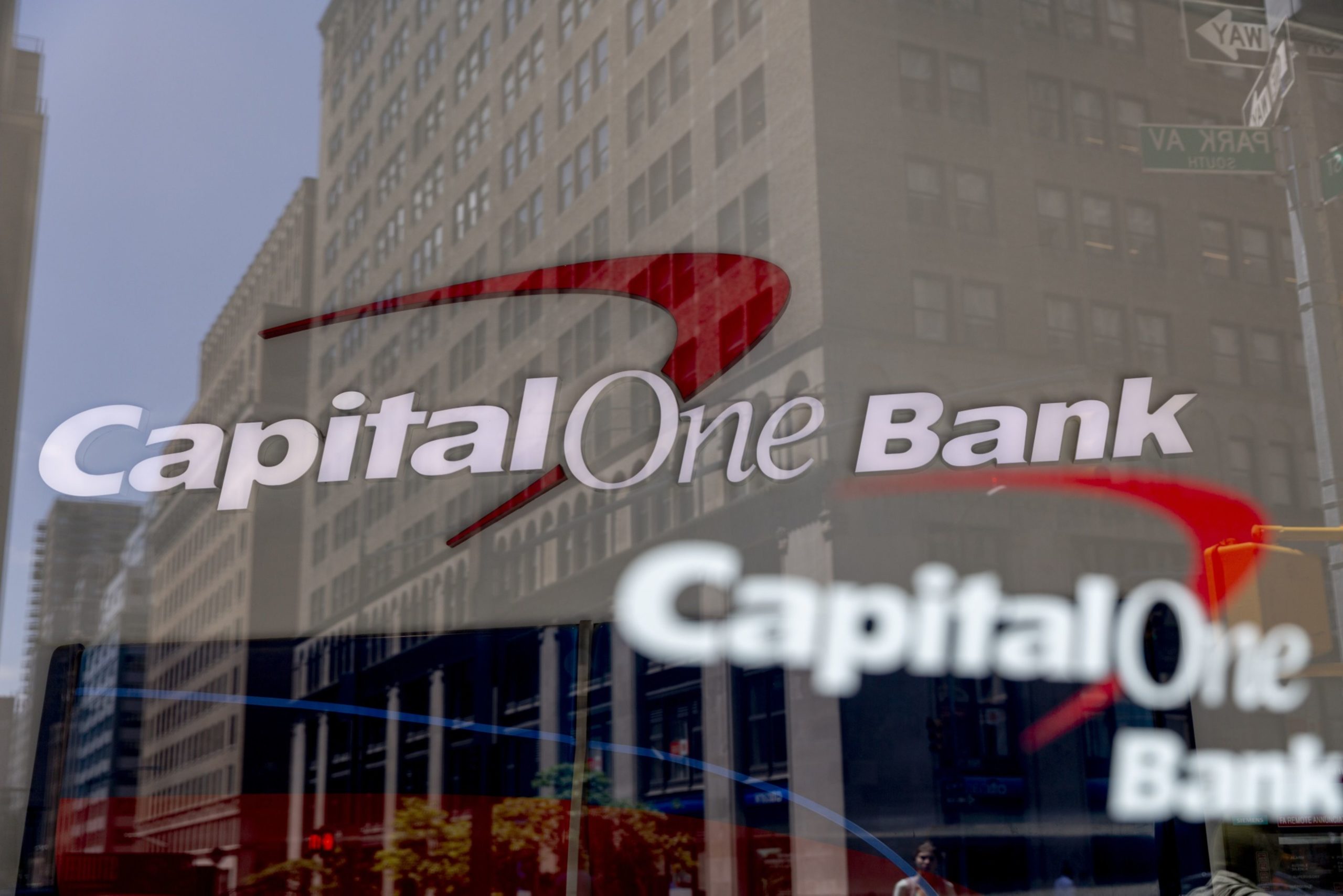Google and Square Take a Bite Out of PayPal’s Market
 Both Google and Square clearly have PayPal in their sights. Both want to leverage their scale to get users on board their payments platform, starting with sending money by email.
Both Google and Square clearly have PayPal in their sights. Both want to leverage their scale to get users on board their payments platform, starting with sending money by email.
In the span of one week, both Google and Square announced that users could make payments over email – but not just any users. Google’s feature is being rolled out in stages:
This feature will be rolling out to Gmail users ages 18+ in the U.S. over the next few months. Look for the $ icon in your attachment options. You can also get earlier access if your friends have the feature and send money to you.
Bank Innovation got access through the kindness of our insider pal, David Gerbino.
Square’s service is even more exclusive, limited to just “friends.” The company told TechCrunch:
We’re excited to share Square Cash with our friends. We’ll continue to invite others to try it out in the coming weeks.
Private betas can make sense to work out bugs and kinks out of the public eye, but there’s nothing private about either of these launches. They actually seem calculated to generate buzz and desire among fintechnorati.
This is reminiscent of the limited releases of Moven, GoBank, and most famously, Simple. Limit access, create desire, allow word and access to slowly spread through viral growth, and watch users flock to it when (or if, in the case of Simple) the doors open wide.
Gmail’s massive scale – 425 million users, as of last summer – dwarfs PayPal’s 125 million or so, and the frictionless onboarding of Google is unmatched. The goal seems to be pulling users into Google Wallet, which has famously stalled. Google is also trying to leverage Gmail’s popularity to bolster its faltering social networking site Google+.
Person-to-person (or P2P) payments don’t happen nearly as frequently as point-of-sale transactions, and so may not strongly change customer behavior, but there’s no doubt Google’s announcement got PayPal’s attention. It certainly caused a stir at Finovate last week, even though the announcement took place several blocks away at Google I/O.
The big question is risk – how will Google handle its risk management? PayPal cut its teeth on taking on risky transactions, and is taking that even further by stepping into the merchant funding space through its Bill Me Later credit unit. It’s an open question how Google and Square will handle fraudulent transactions.
As pointed out by Bank Innovation, risk management is the bread and butter of banking, and the only real challengers to financial institutions will be those willing to shoulder the risk.
As Sam Maule of Carlisle & Gallagher commented, Fun to watch, though, isn’t it?











